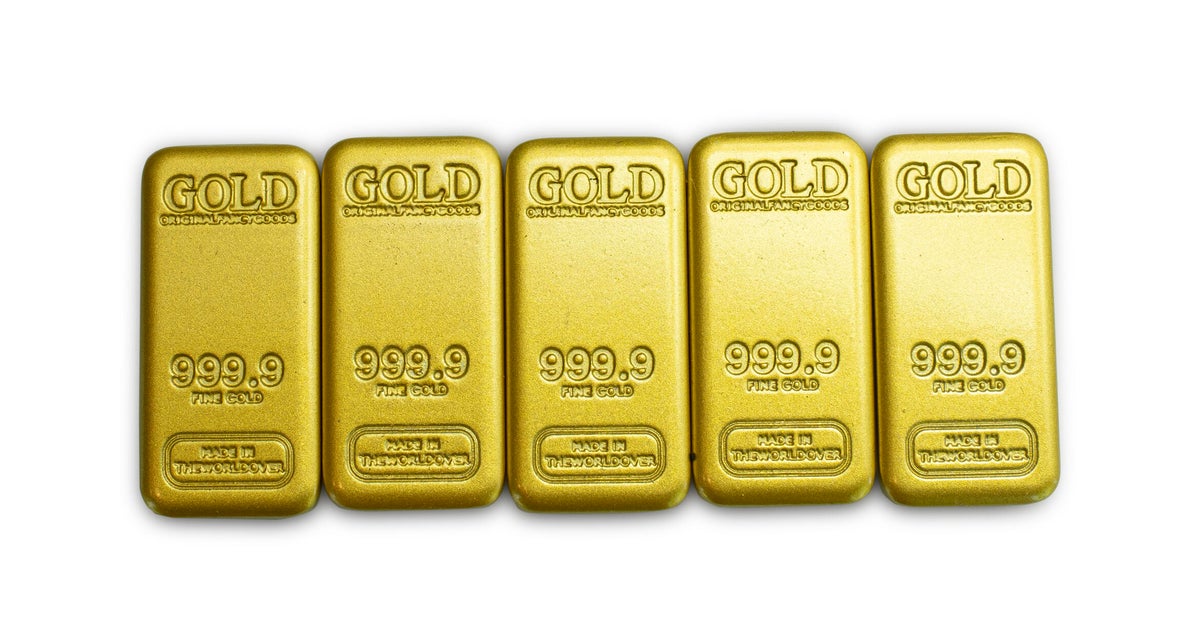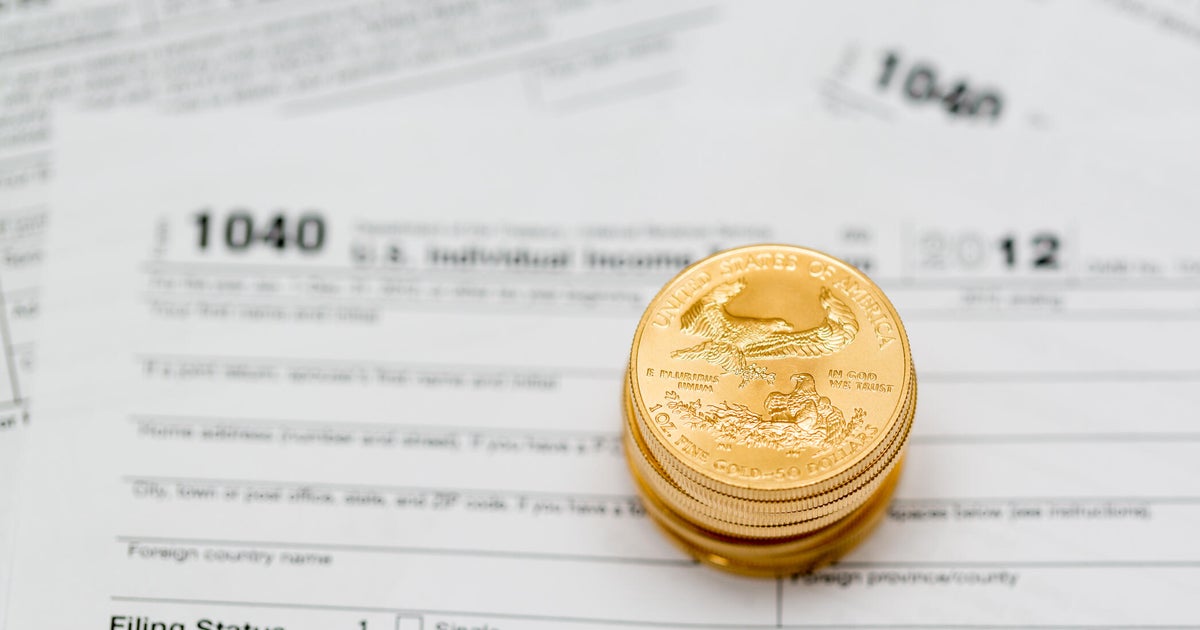How to invest in gold amid banking concerns
The recent collapse of Silicon Valley and Signature Bank has raised concerns about the state of the banking system. As a result, bank stocks are plummeting and many people are worried about how safe their money is in the bank. One investment that's doing just fine? Gold.
Gold spot prices (what it costs to buy gold now), gold futures prices (which indicate investor confidence in an asset) and gold bullion (physical gold) prices all went up over the past week, making gold especially attractive to people looking to protect their money.
Gold is a wise investment for many reasons. It's a good hedge against inflation because it tends to hold its value over time despite market fluctuations. It's also a good way to diversify your portfolio, which minimizes your losses during times of economic uncertainty. Historically, gold has been considered a safe haven for investors, and in today's market uncertainty, safety is as important as ever.
Start exploring your gold investment options today by requesting a free gold information kit.
How to invest in gold amid banking concerns
Experts generally recommend putting 5% to 10% of your investments in gold. This allows room in your portfolio for other asset classes, such as stocks and bonds. As for where to invest that amount, you have several options to choose from. Three common ways to invest in gold are:
Gold IRAs
Individual retirement accounts (IRAs) are long-term savings plans that offer tax advantages. There are three types of gold IRAs:
- Traditional gold IRAs are funded with pre-tax dollars. Your contributions are tax-deductible and grow tax-deferred. That means you get tax benefits on them now, but you'll pay tax when you withdraw funds.
- Roth gold IRAs are funded with after-tax dollars. Your contributions are not tax-deductible, but they grow tax-free. So you won't see an immediate tax benefit, but you also won't pay taxes when you withdraw funds.
- Simplified Employee Pension (SEP) gold IRAS are available to small-business owners and self-employed individuals. Like traditional gold IRAs, they're funded by pre-tax dollars, and withdrawals are taxed as ordinary income.
Request a free information kit now to learn more about investing in gold IRAs.
Physical gold
Physical gold is more liquid than investments like stocks and bonds. In other words, it's easier to exchange for cash, which can be important in tough economic times if you're struggling to stay afloat. You can buy physical gold, known as bullion, in bar or coin form. Bear in mind you must have a secure storage facility to store physical gold, and bars can require a sizeable amount of space. You'll also need to insure physical gold so your investment is protected in the event your gold is stolen.
Gold ETFs or mutual funds
Exchange-traded funds (ETFs) and mutual funds are both pooled investment funds that provide easy access to the gold market. There's no need to research individual gold mining companies to invest in; the fund manager does the work for you. In general, ETFs are a better choice if you're seeking tax advantages, hands-on control over your investment and niche exposure. Mutual funds are typically better if you want to make regular investments and prefer passive management and lower risk.
The bottom line
Which gold investment type you choose depends on your personal preferences. But there's one thing that's true no matter your choice: In a financial environment as volatile as today's, safe-haven investments like gold are a smart way to protect your financial future.




